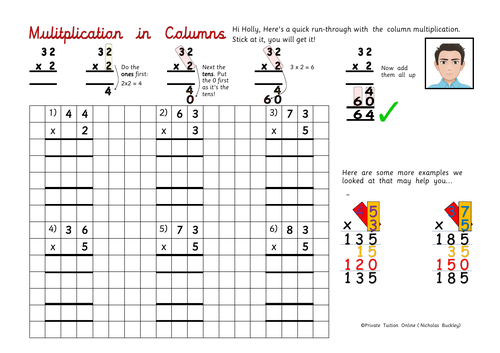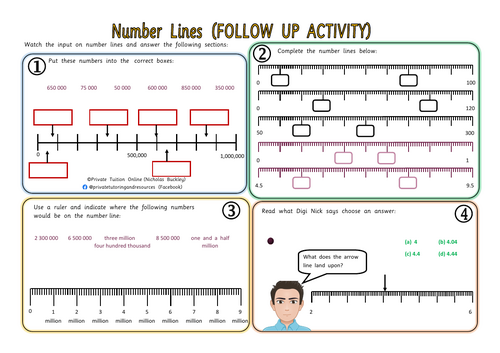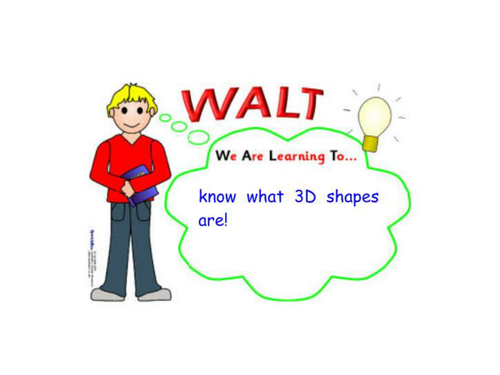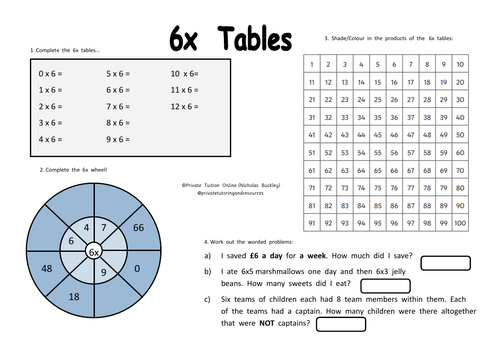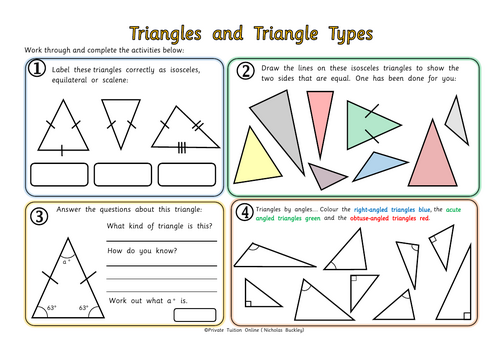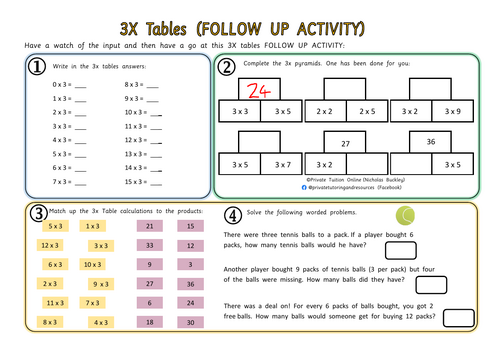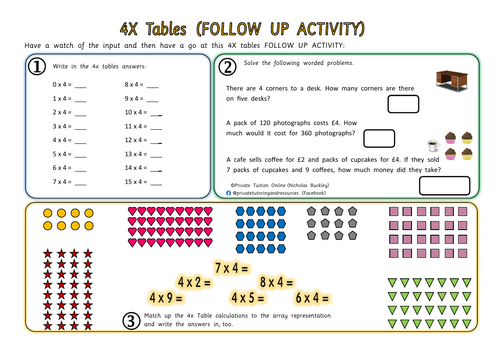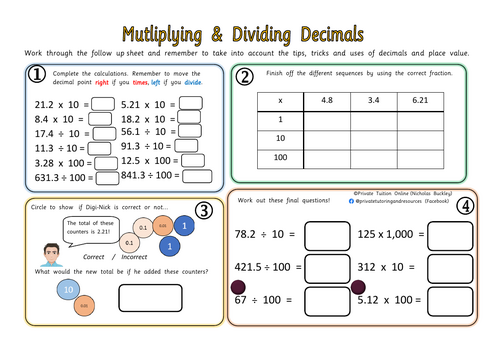The Maths Shop (5 to 12 Years)
I am a former teacher of Early Years and specialise in this subject. I spent two years as a Year 1 teacher with a subject area focus on Mathematics. I hope that you enjoy the resource I have shared for free or you choose to support me by paying for them.



